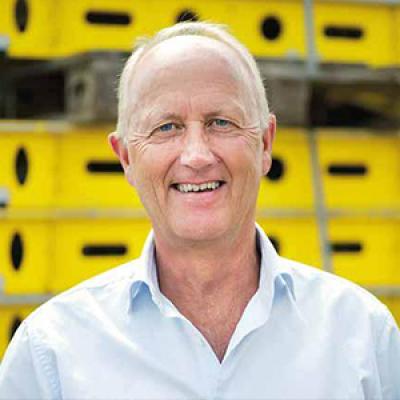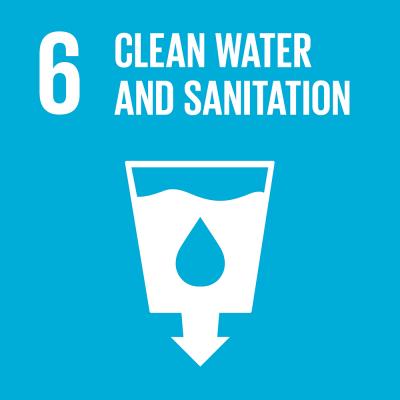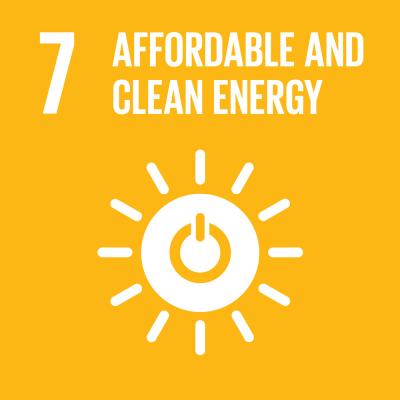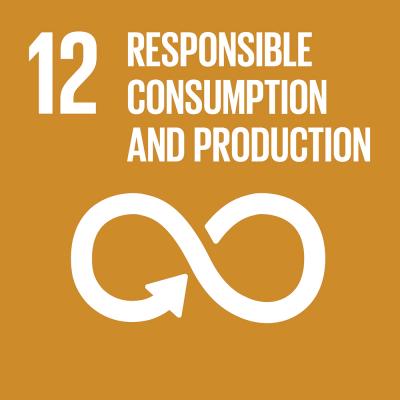Doka Sweden’s vehicles are going green

Doka Sweden’s trucks are producing 80–90% fewer greenhouse gases by using a different sort of green fuel. HVO100 fuel is leading the way in the sustainability stakes, as it is primarily made of waste fats such as cooling oils or animal fat.
Since January 2021 Doka Sweden has been converting its transport operations to the sustainable “Hydrotreated Vegetable Oils” (HVO100). The preparatory work was and is considerable. Engine checks, insurance, agreements with partners, framework agreements – all that has to be checked, examined in detail and, if applicable, renegotiated. Once this has been done, the company is moving step by step into a greener future.
They started with the company's own fleet. 85% of the diesel vehicles at Doka Sweden are already using HVO100 fuel. The next vehicles to be considered were the diesel-powered fork-lift trucks. Every one was converted to HVO100 within the first quarter of the year. This was an ingenious move when you consider that, in an average year, the fork-lift trucks consume 40,000 litres of diesel. So this change alone reduced the CO2 emissions by 80 – 90%.

Claes Thoresson I Managing Director Doka Sweden
"We want to operate emissions-free throughout the entire value chain, which is what our customers are demanding, and to achieve this we need our transport to have the lowest possible emissions and that also includes our partners.”
Following long negotiations, Volvo accepted the warranty for the engines, even when they were running on HVO100. The international gases and engineering group Linde also gave the “green light” to use HVO100 in its diesel fork-lift trucks.
Transport partners were involved in the conversion of vehicles to ship goods to the customers’ premises. Many of them recognised the need to take these measures and were ready to cooperate. Doka Sweden parted company with transport providers who did not show any ambition to make the changeover. This spring work began on dealing with domestic transport between branches. For international transport, too, such as travel to or from Doka's distribution centre in Apolda in Germany, one of three such centres worldwide, the head of Doka has already applied to Sweden.
Together we drive momentum
As part of the Umdasch Group, we at Doka aim to not only be economically successful, but also fulfill our ecological and social responsibilities as well as our responsibility as an employer. Therefore, we regularly set impulses within and outside our company and drive international initiatives that make our common working and living environment more sustainable.

Doka Sweden’s initiative has received a warm welcome from the Umdasch Group and thus Doka too, as it benefits the organisation’s sustainability strategy. A rough calculation shows that the company vehicles and fork-lift trucks that use the HVO100 fuel produce around 200 tonnes less CO2 equivalents. It's obvious that this measure has made a significant contribution to reducing the overall carbon footprint of Doka products.
Doka and Umdasch Group are committed to sustainable development.
This is why we subscribe to initiatives that are aligned with the United Nations’ “Sustainable Development Goals”.



















